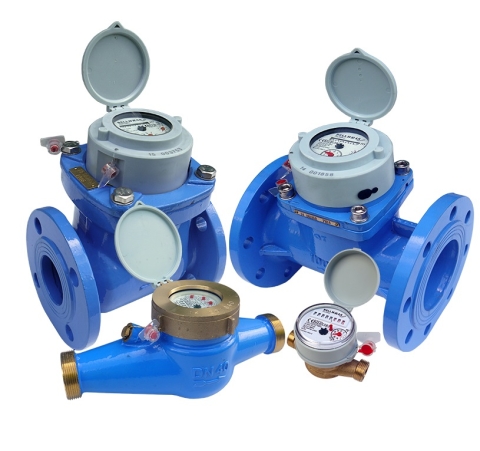Water Meters
Water Meters
A water meter is a device used to measure the volume of water usage in residential, commercial, or industrial settings. It plays a crucial role in water management and billing systems.

Uses of a Water Meter:
Billing and Revenue Collection:
Water utilities use meters to calculate how much water a customer uses, enabling accurate billing based on consumption.
Water Conservation:
By monitoring usage, consumers can identify excessive use and take steps to reduce it, promoting more sustainable water practices.
Leak Detection:
Unusual spikes in water usage can indicate leaks in the plumbing system, helping users and utilities detect and fix issues early.
Resource Management:
Municipalities and water providers use data from meters to plan and manage water distribution efficiently.
Legal and Regulatory Compliance
In many regions, water metering is required by law to ensure fair usage and environmental compliance.
Operational Efficiency
Smart water meters can transmit data in real-time, helping utilities optimize operations and respond quickly to issues.
Types of Water Meters:
- Mechanical Meters:
Use moving parts like turbines or pistons to measure flow. - Electromagnetic Meters:
Use magnetic fields and electrodes to measure water flow. - Ultrasonic Meters:
Use sound waves to measure flow velocity. - Smart Meters:
Digital meters that transmit data wirelessly for remote monitoring.



